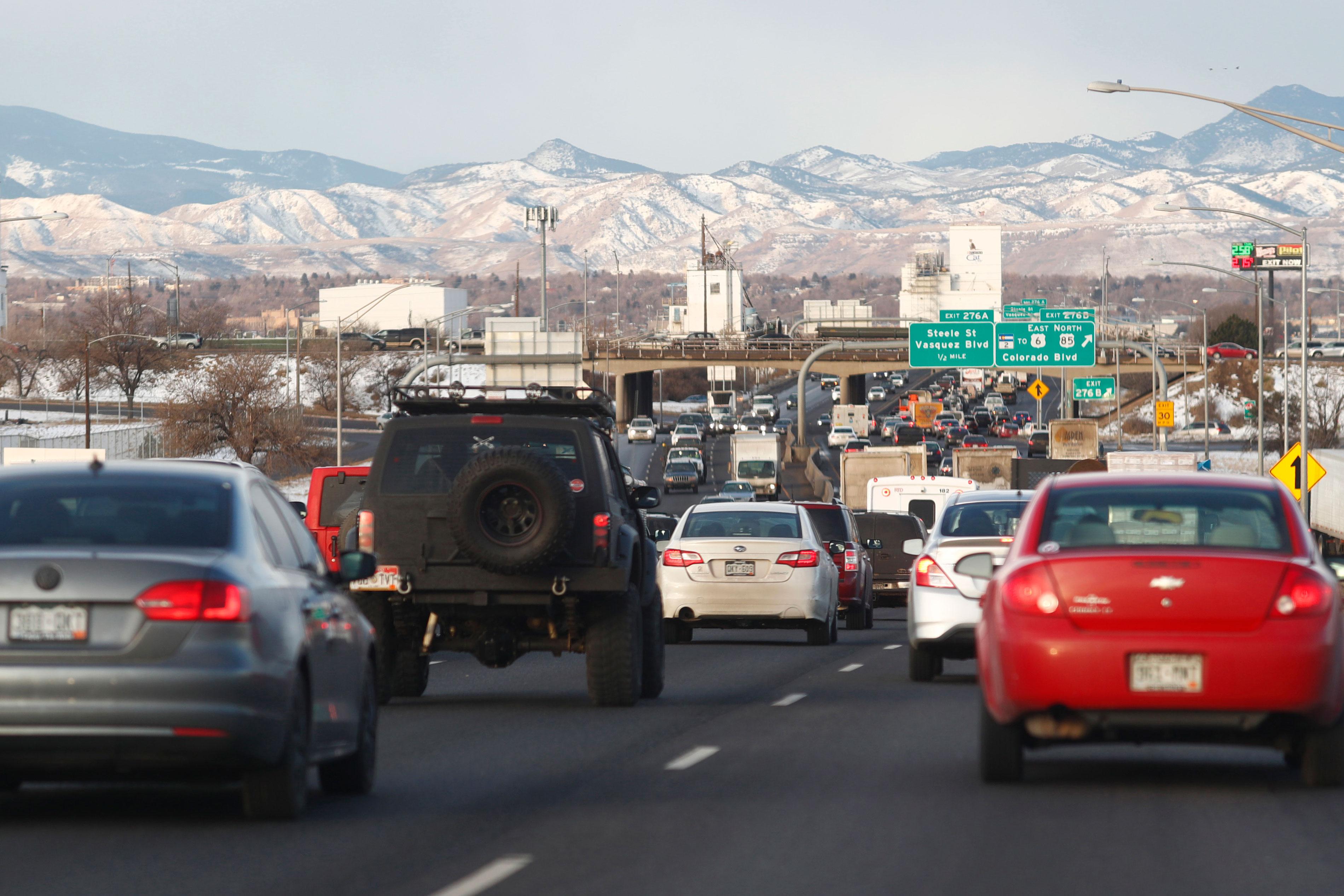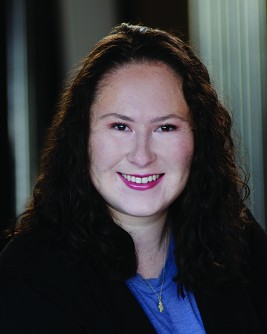

Cars sold in Colorado will have to adhere to stricter emissions standards starting in 2022. The state’s Air Quality Control Commission decided on Friday to adopt California’s vehicle emissions standards, which are higher than the federal targets. Under the rules, new vehicles sold in Colorado must average 36 miles per gallon by 2025.
The commission was acting on an order from Gov. John Hickenlooper. In June, he committed Colorado to low emission vehicle (LEV) standards.
“Colorado has a choice. This executive order calls for the state to adopt air quality standards that will protect our quality of life in Colorado,” Hickenlooper said in June. “Low emissions vehicles are increasingly popular with consumers and are better for our air. Every move we make to safeguard our environment is a move in the right direction.”
The LEV action could help the state meet its goal of reducing greenhouse gas emissions by 26 percent by 2025. Cars are among the largest contributors of greenhouse gas emissions in the state, and are one of the biggest contributors to poor Front Range air quality. The Colorado Department of Public Health and Environment says, “The new standards are estimated to reduce carbon dioxide emissions by nearly 2 million tons annually by 2030.”
Colorado and other states face a choice between California’s vehicle emissions standards and those set by the federal government, because President Trump has said he’s rolling back an Obama-era rule that would’ve made the national and California standards the same through 2026.
California has a special exception under the Clean Air Act to have standards that are stricter than the national ones, and that can be adopted by other states. Twelve other states and the District of Columbia have adopted California’s stricter standards, according to the governor’s order in June.
“This is really about two possibilities,” said hearing chair Tony Gerber Wednesday. “There is really the California standards and there's federal standards there's no third standard. There are two cookie cutters and we can't make a different cookie.”
Colorado’s new standards will apply to new light-duty and medium-duty motor vehicles sold in Colorado beginning in the 2022 model year. The proposed rule will not impact heavy-duty vehicles, construction and agricultural equipment or used vehicles.
The Local Government Coalition, a cooperation of nine Colorado local governments including Pueblo, Eagle, Boulder, Jefferson and Denver counties, supports tightening the emissions standards.
“Air pollution and climate change impact the economy and it impacts our health,” said Jannette Whitcomb with the city of Aspen’s environmental health department. “Less pollution means less pollution-induced respiratory illness. People understand the quality of the air they breath matters.”
Several Colorado youths also spoke in support of the new standards.
An international trade association of automakers expressed their opposition to the proposed standards at the meeting Thursday. They argued Colorado should stick with the rolled-back federal standards. The Association of Global Automakers is a trade association based in Washington, D.C. that represents 163 dealerships in Colorado.
Member companies make up 63 percent of new vehicle sales in Colorado, according to Julia Rege, director of environment and energy with Global Automakers.
“It is not necessary to adopt these regulations,” Rege told commissioners.
Rege said the organization has already been working toward lower vehicle emissions. The organization would rather use the same standards for the whole country instead of being constrained by individual state rules.
“Although the auto industry is the regulated party, the real impact falls on consumers,” Rege said. “This means consumers feel the effects of increased cost of new technology. Consumer purchasing habits in Colorado remain fundamentally different than in California and it’s critical to make sure this decision before the commission fully accounts for the state’s specific market needs and conditions.”
Environmentalists argue that over the life of new vehicles, consumers will make up any difference in sticker price by saving money on fuel costs.
The commission passed the new regulation 8-0. One commissioner recused himself from the vote.
CPR’s Rachel Estabrook and the Associated Press contributed to this report.









